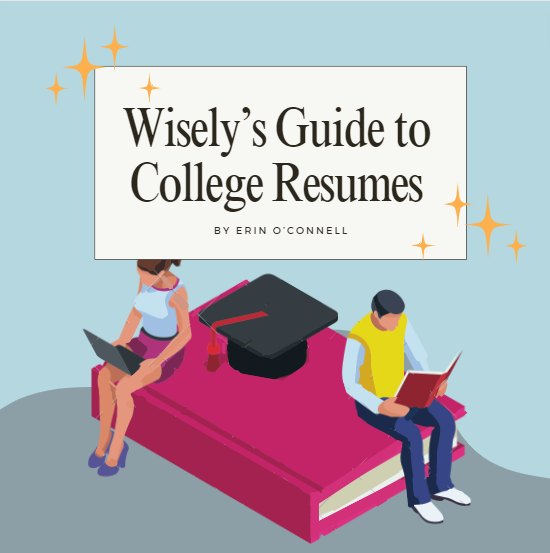COLLEGE ADMISSIONS ALGORITHMS
Could a computer decide if you get into college?
Stress, excitement, hard work are words usually associated with college. Students do everything they can to make sure their applications are outstanding. But what about algorithms? What if a computer decided if you got into your dream school or not? The good news is that AI will not decide whether students get into college or not. However, algorithms and artificial intelligence still play a big role into how admissions officers decide which students get it.
Financial aid is largely determined by algorithms. Admissions officers have to determine how much money they need to give certain students to make sure they enroll. They have to take economic backgrounds into consideration and which potential students will be able to raise the revenue they still need. Schools have to find a balance, they can’t admit too many with high financial needs.
Colleges also use algorithms to track students’ interest in the college. According to a 2019 NACAC report “colleges consider demonstrated interest as the next most important factor in making an admissions decision, even over teacher and counselor recommendations, extracurricular activities and class rank”. Students can show interest by taking virtual tours of the college, following the school on social media, and applying early. With some schools making test score submissions optional, showing interest may give applicants a boost. Colleges are more likely to admit a student who shows serious interest in a school versus a student who is lightly considering it.
There is some skepticism around college admissions algorithms. IUP student Emily Demotte says, “It’s not always as fair as it could be to every student.” The recent College Admissions Scandal is proof of how admissions officers admit unqualified students. Some colleges also give preferences to legacy students. While human officers take these actions, algorithms could ignore these factors and even the field or continue to be biased towards them.
The main goal of algorithms is to determine success for the school and students. Colleges need to know how many acceptance letters they can send and in order to meet the desired size for the incoming class. AI also helps students by being a direct resource to them. Some schools have AI systems that answer questions incoming freshmen may have. This helps reduce the “summer melt” or the amount of students who accept but don’t show up in the fall.
Students may not have a lot of control over algorithms but they’re meant to work in their favor. There is so much data when it comes to college admissions it’s impossible not to utilize technology to help sort it all out. Computers admitting students into colleges is still a potential case for the future. For now, people will ultimately keep making that decision.
References
Algorithms for College Admissions: What to Know. (n.d.). Retrieved October 18, 2020, from https://www.usnews.com/education/best-colleges/articles/how-admissions-algorithms-could-affect-your-college-acceptance?rec-type=sailthru
Baig, E. (2018, December 03). Who’s going to review your college applications – a committee or a computer? Retrieved October 18, 2020, from https://www.usatoday.com/story/tech/2018/12/02/college-admissions-when-ai-robots-decide/2147201002/

Hi, my name is Alondra Martinez. I'm a junior and this is my first year at iUniversity Prep. I love art, animals, and movies. Writing is one of my passions...












